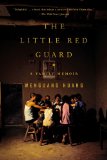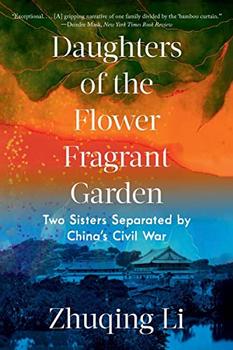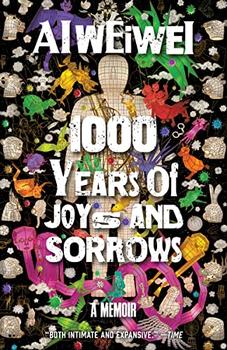Summary | Excerpt | Reviews | Beyond the book | Read-Alikes | Genres & Themes | Author Bio

A Family Memoir
by Wenguang HuangThree generations of a family living under one roof reflect the dramatic transformations of an entire society in this memoir of life in 20th century China.
When Wenguang Huang was nine years old, his grandmother became obsessed with her own death. Fearing cremation, she extracted from her family the promise to bury her after she died. This was in Xi'an, a city in central China, in the 1970s, when a national ban on all traditional Chinese practices, including burials, was strictly enforced. But Huang's grandmother was persistent, and two years later, his father built her a coffin. He also appointed his older son, Wenguang, as coffin keeper, a distinction that meant, among other things, sleeping next to the coffin at night.
Over the next fifteen years, the whole family was consumed with planning Grandma's burial, a regular source of friction and contention, with the constant risk of being caught by the authorities. Many years after her death, the family's memories of her coffin still loom large. Huang, now living and working in America, has come to realize how much the concern over the coffin has affected his upbringing and shaped the lives of everyone in the family.
Lyrical and poignant, funny and heartrending, The Little Red Guard is the powerful tale of an ordinary family finding their way through turbulence and transition.
There are few who will fail to recognize themselves (or their teenagers) in the rebellious, know-it-all young man Huang regretfully claims to have been.... The Little Red Guard is fast-paced and engaging and will appeal to fiction and non-fiction readers alike. The book provides ample themes for discussion and would be an excellent choice as a book group selection...continued
Full Review
 (637 words)
(637 words)
(Reviewed by Kim Kovacs).
Memoirist Wenguang Huang was once a member of China's communist youth organization, which, during the Cultural Revolution (1966-1976), was known as The Little Red Guard. The group was originally formed by the Communist Party of China in 1949 as The Youth and Children of China Movement, but in 1953, it was renamed The Young Pioneers - the name the organization reverted to after the Cultural Revolution ended.
Most Chinese children become members of the Young Pioneers by the end of their grade school years; in 2002 it was estimated that over 130 million youths belonged to the organization. Those between the ages of 6 and 14 are eligible to join, after which time they may choose to advance to the Communist Youth League of China.
A red ...

If you liked The Little Red Guard, try these:

Daughters of the Flower Fragrant Garden
by Zhuqing Li
Published 2023
Sisters separated by war forge new identities as they are forced to choose between family, nation, and their own independence.

1000 Years of Joys and Sorrows
by Ai Weiwei
Published 2022
In his widely anticipated memoir, "one of the most important artists working in the world today" (Financial Times) tells a century-long epic tale of China through the story of his own extraordinary life and the legacy of his father, the nation's most celebrated poet.